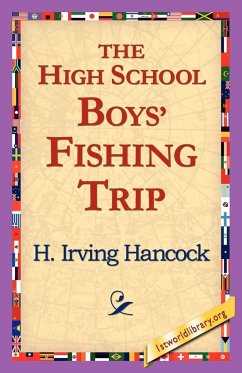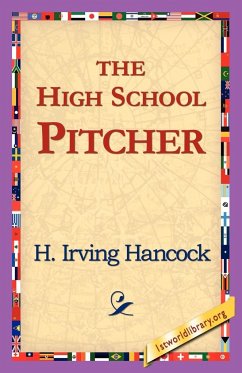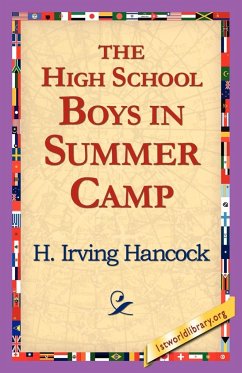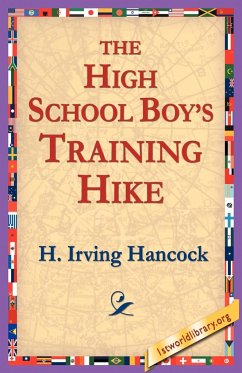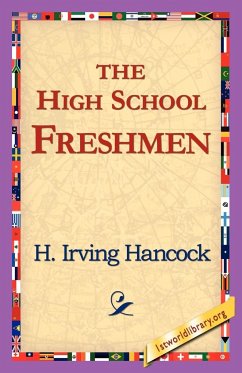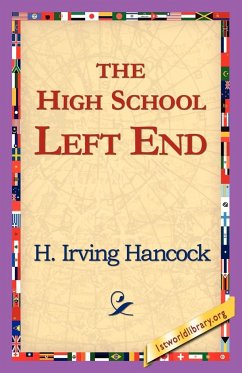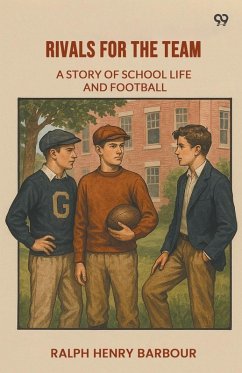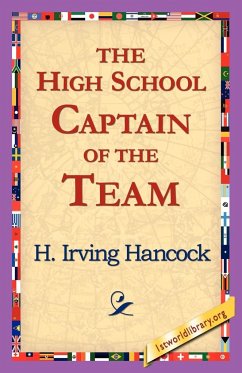
The High School Captain of the Team

PAYBACK Punkte
8 °P sammeln!
I'm going to play quarter-back, declared Drayne stolidly. "You?" demanded Captain Dick Prescott, looking at the aspirant in stolid wonder. "Of course," retorted Drayne. "It's the one position I'm best fitted for of all on the team." "Do you mean that you're better fitted for that post than anyone else on the team?" inquired Prescott. "Or that it's the position that best fits your talents?" "Both," replied Drayne. Dick Prescott glanced out over Gridley High School's broad athletic field. A group of the middle men of the line, and their substitutes, had gathered around Coach Morton.



